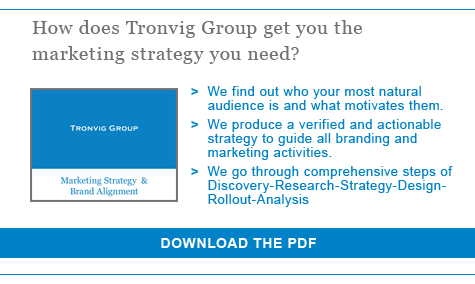When you think overnight courier, what comes to mind? I’m guessing FedEx is probably at the top of the list. This was not always the case.
Let me take you back to the moment when a budding company called Federal Express slew the Goliath of its industry—Emery. Let’s take a look at what happened and what you should learn from Emery’s horrible death.
It’s the early 1980s, and competition between upstart Federal Express and then-industry giant, Emery, is heating up. The difference between their respective marketing campaigns is remarkable in its contrast. As I look at it now, it’s almost scary how clearly Emery seems to telegraph its demise. Emery is frantically pitching price while Federal Express is communicating its value.
Here is an early 80s Emery ad:
https://youtu.be/mtH1dFfq32k
Its pitch is: “The price desk to desk for most of America is just $11 dollars.” And then there is the tagline: “Meeting America’s most urgent overnight needs. Try it.” Emery is already acting like it’s going to lose.
The ad is talking to “America,” not to me and my needs. It is selling entirely on price and some blah, blah, blah about their competence. No emotion. Nothing that gets me where I hurt. In comes the fast growing little guy—Federal Express.
Here’s one of their commercials from the same time period:
This, rather stiffly but humorously, goes right to the pain and the problem. Not its problem but mine. And how this product solves it. There is no talk of price, only of value to me, and how this service specifically solves a real problem that I have. It’s not talking to “America.” It’s talking to me—the business executive (or in this case my secretary)—and the call to action is set as the secretary’s solution: “I’ll just call Federal Express.” Then the tagline: “When it absolutely positively has to be there overnight.” After that I’ll bet you cannot even remember what the Emery tagline was, even though you read it only a few sentences ago and just watched their commercial.
This particular Federal Express commercial is not even a standout from that campaign, but its message is delivered.
The moral of the story? Value wins.
The moral of the story? Value wins. Federal Express wins, big. By the end of this decade they are the largest carrier and are synonymous with overnight delivery. And Emery? Out of business after having dominated the industry for 40 years. There’s much more to that story than selling on value instead of price. As I point out for our museum friends in What if museums were run like successful companies?, it is also a branding story (this is before Federal Express becomes FedEx with the help of Landor), and it is, of course, a story of business innovation. (Thank you Peter Drucker.) But what’s fascinating to me is that all of this can already be seen in these ads. Federal Express gets it and the other guys don’t.
Here is the most famous commercial from that campaign:
This is funny, but it also directly addresses something that’s real—the hectic, sped-up work life of American managers and executives (then as now). It’s hyperbole, but it also rings true. So that when you arrive at the tagline nearly a minute in, you are ready to feel the relief of it. The emotion is almost, “Yes. Thank goodness for Federal Express.” What did you feel at the end of the Emery ad? Like you might save $3? Probably not even that.
Here is an Airborne commercial that you will immediately recognize as a response to the above Federal Express ad, but it does not demonstrate any true understanding of why the other ad was successful. It thinks it was because that ad was funny.
Notice that it’s also slightly funny (an echo of the Federal Express ad’s humor), but then it pitches its own features and attributes and tries to set up a David and Goliath scenario of its own that you really don’t care about. While trying to do all of this in 30 seconds, and then saying one thing on the voice-over while other text displays on the screen, it fails to do the one thing it really needs to do—address your needs. Who wants to listen to Airborne talk about itself? “Talk about me and my needs.” Ally & Gargano, who created the Federal Express campaign and the memorable “When it absolutely positively has to be there overnight.” understood this. The competition did not, and they all lost.
Sell value not price
Don’t make the same mistakes with your business. Sell value to your consumers, not price compared to the competition. Focus on what you bring to their lives that they really care about, not just what great features and attributes you think your product has. If you are not bringing value to your consumer’s lives, you should consider fixing your product. If you do bring value, show me.
To learn about the Tronvig Group process, click below to sign up for our mailing list and get access to our library of downloadable guides, including the following:



Ask for help.
We are kind, thorough and ready when you are. You just need to ask.